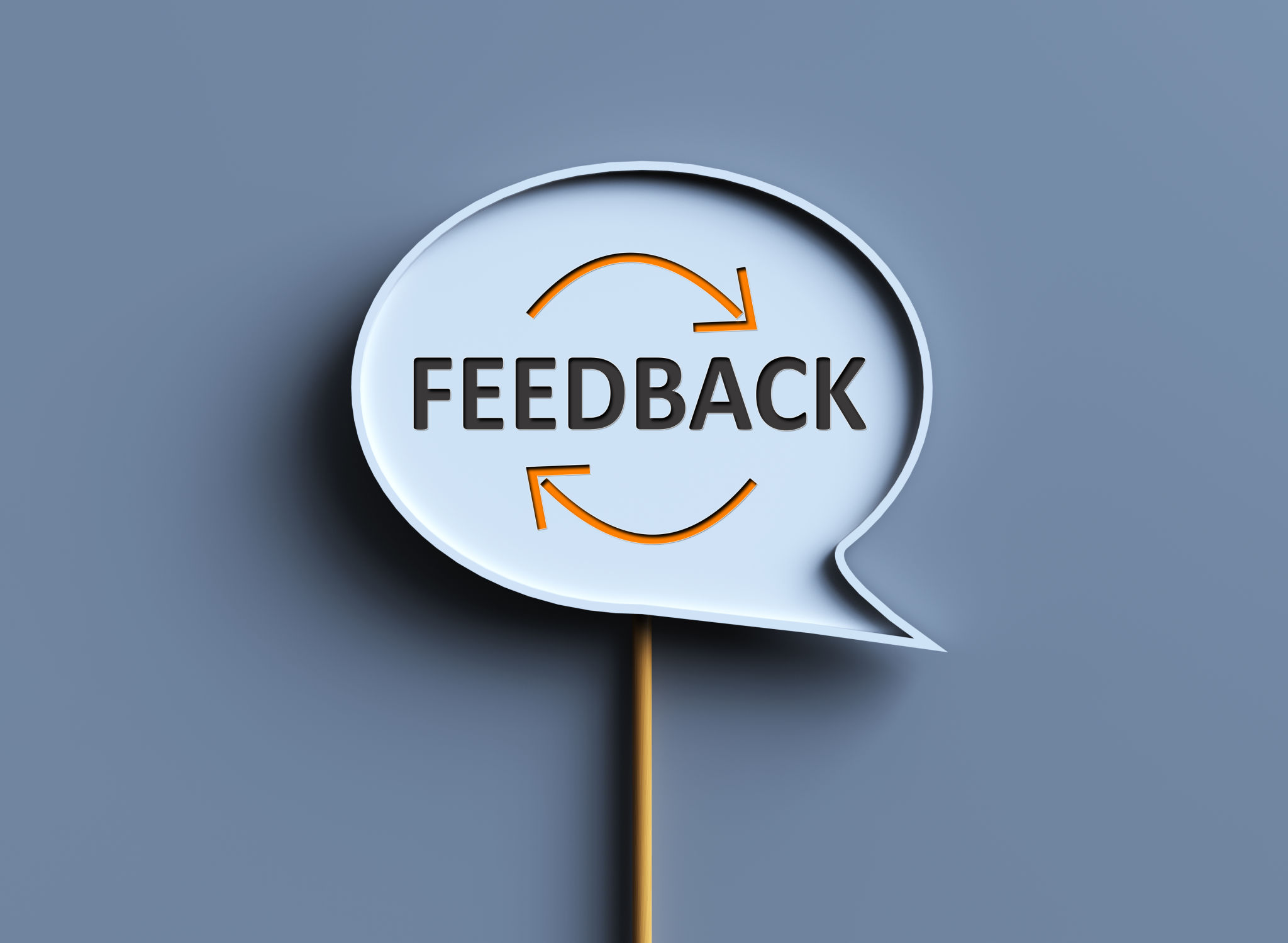Choosing the Right Software Development Partner: What to Consider
T3
Understanding Your Project Requirements
Before embarking on the journey to find a software development partner, it's crucial to have a clear understanding of your project requirements. This involves defining the scope, objectives, and potential challenges of your project. Having a well-documented project outline will not only help you communicate your needs effectively but also assist potential partners in determining whether they are equipped to meet your demands.

Technical Expertise and Experience
One of the foremost considerations when choosing a software development partner is their technical expertise and experience in your industry. Research their portfolio to assess the diversity and complexity of projects they have handled previously. A partner with a proven track record in similar projects can add significant value to your development process by bringing innovative solutions and avoiding common pitfalls.
Assessing Communication Skills
Effective communication is paramount in any partnership, especially in software development. Ensure that your potential partner is responsive and transparent in their communication. This includes regular updates, feedback loops, and the ability to articulate complex technical concepts in understandable terms. Strong communication skills will foster a collaborative environment, ensuring that your project progresses smoothly.

Evaluating Project Management Practices
Another critical factor to consider is the project management practices of your prospective partner. Inquire about their methodologies, such as Agile, Scrum, or Waterfall, and determine which aligns best with your project's needs. A partner with robust project management capabilities will ensure timely delivery and efficient handling of resources and risks.
Security and Compliance Standards
In today's digital landscape, security and compliance are non-negotiable aspects of software development. Verify that your potential partner adheres to the latest security protocols and industry standards. They should also be knowledgeable about data protection laws relevant to your industry, ensuring that your project remains compliant throughout its lifecycle.

Cost and Budget Considerations
While cost should not be the sole factor in your decision-making process, it is undoubtedly an important one. Request detailed proposals from potential partners and compare them against your budget constraints. Be wary of partners offering significantly lower prices than the market average, as this may indicate compromises in quality or hidden costs.
Cultural Compatibility
The cultural fit between you and your software development partner can significantly impact your working relationship. Consider factors such as time zone differences, language proficiency, and work ethics. Ensuring cultural compatibility will facilitate smoother collaboration and prevent misunderstandings that could derail your project.
Reviewing Client Testimonials and References
Client testimonials and references provide valuable insights into a partner's reliability and quality of work. Reach out to previous clients to gather firsthand feedback about their experiences working with the potential partner. This due diligence step can help you make an informed decision and establish confidence in your choice.

By carefully considering these factors, you can choose a software development partner that aligns with your vision and goals. A strong partnership will not only lead to a successful project but also lay the foundation for future collaborations.
